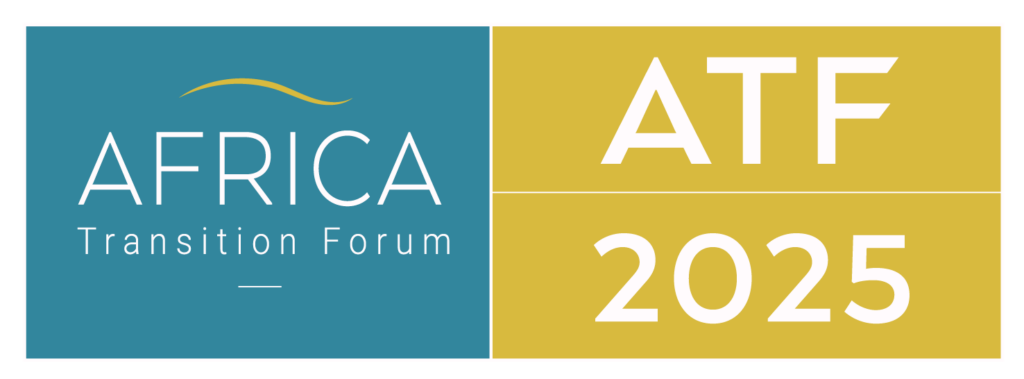African Challenges
Contextualization
Demographics: Africa’s Youth as a Major Demographic Challenge
Africa is the youngest continent in the world, with more than 60% of its population under the age of 25. This demographic dynamic is both an asset and a challenge: the need to educate, train, and integrate this youth into societies that are still undergoing transition. The challenge also lies in creating economic, professional, and social opportunities for a rapidly growing population while reducing social inequalities. African youth must be at the heart of sustainable transition and innovation strategies to ensure inclusive and equitable growth, particularly in key sectors such as agriculture, energy, and entrepreneurship.
Urbanization: A Rapidly Expanding Phenomenon
Urbanization in Africa is accelerating at an unprecedented rate. According to United Nations projections, nearly 60% of the African population will reside in urban areas by 2050. While this rapid urban expansion presents undeniable opportunities, it also generates considerable challenges, particularly in spatial management, urban planning, access to basic services, housing, and mobility. Existing infrastructure, often inadequate, struggles to keep pace with urban growth, posing risks to quality of life, access to potable water, energy, and sanitation services. Urbanization also affects the climate by reducing atmospheric carbon sequestration, increasing surface temperatures, and heightening the risk of flooding. African cities must reinvent themselves, adapting to local realities to mitigate climate-related hazards and become hubs of sustainability.
Climate: A Devastating Impact, but a Call for Innovative Solutions
Climate change is one of the most pressing challenges facing Africa today. Although the continent is responsible for less than 4% of global greenhouse gas emissions, it is already suffering from its devastating consequences, including rising temperatures, prolonged droughts, flooding, and ocean acidification. Climate variability and extreme weather events are becoming increasingly intense, with particularly severe impacts in densely populated urban areas. These phenomena exacerbate poverty, weaken agriculture, disrupt ecosystems, and destabilize communities. However, Africa also possesses innovative solutions, often rooted in nature and traditional knowledge, that must be implemented to mitigate these impacts through an innovative and sustainable transition. Renewable energy, sustainable resource management, and climate-smart agriculture represent key levers in addressing these challenges and strengthening the resilience of African communities.

Together to Co-Create Innovative Solutions for a Resilient and Sustainable Africa
Submit Your Participation for ATF 2025
